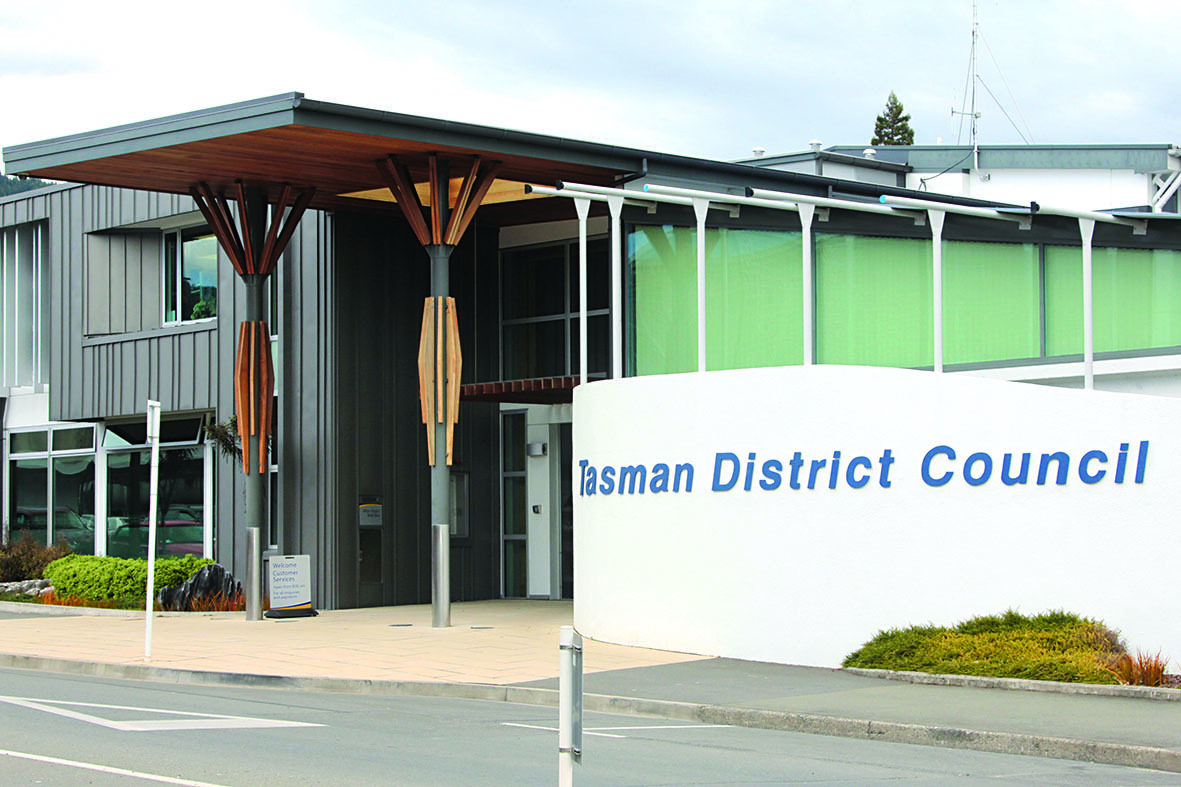Late resource consents cost council $190k


The understaffed council resource consents team is caught in a ‘soul-destroying’ situation. Photo: File.
Staff shortages in Tasman District Council’s resource consents team resulted in almost $190,000 worth of refunds being paid out over six months.
Resource consents must be processed by the council within timeframes outlined by legislation. If a consent is not processed within the pre-determined time, the consent applicant receives a refund of 1 per cent of the application’s total cost per day the timeframe is exceeded, up to a maximum of 50 per cent.
The council only managed to process 64 per cent of resource consents within the statutory timeframe in the first six months of this year.
That processing rate is on par with the 2021/22 and 2022/23 financial years, but significantly down on pre-Covid processing rates, since 2015/16, of between 88 and 100 per cent.
As a result of delayed resource consents, the council has refunded $189,500 to applicants between January and June – just over $50,000 more than the previous 6-month period.
Councillor Christeen Mackenzie described the loss as “vexing” when councillors were presented with the figures at Thursday’s meeting of the Environment and Regulatory Committee.
“Imagine if we were able to increase our funding for community grants [by $189,500], imagine what we could actually achieve with that.”
Council’s resource consents manager, Katrina Lee, says her team struggled to meet statutory timeframes because of difficulties with recruiting and retaining staff.
“We’ve still got five vacancies in our team. We have no senior planners.”
However, she says Tasman was not alone in its consenting struggles with more than 150 consenting jobs being offered around New Zealand in various council and consultancy positions.
Almost half of the total $189,500 of discount penalties were related to one large consent application for gravel extraction at Peach Island in Motueka.
Katrina says without that one consent, the council would have been looking at an improvement when compared to the $137,400 in discount penalties from the July to December 2022 period.
There is unlikely to be much reduction for the second half of the year either.
“We’ve got … one other [consent] that’s really going to sting us over the next six months in discount penalties,” Katrina says. “So, the next six months won’t look better in that space.”
And work doesn’t show any sign of easing any time soon.
The consenting team has approved just seven consents in the week prior to Thursday’s meeting while another 24 have come in over the same time.
The council also has a backlog of 600 consents waiting to be addressed.
“There’s a variety of reasons why we’ve got that backlog still there,” Katrina says.
In addition to staff shortages, more complex consents were coming through as landowners appeared to develop more difficult land, and large amounts of staff time was being taken up by addressing Local Government Official Information and Meetings Act information requests, the meeting heard.
Christeen says the consents team have done “great work” despite their difficulties but said she doesn’t know how to ease their burden.
“I’m left sitting here as someone in a governance role just wondering what decision we could possibly make that would actually help to alleviate this situation. I don’t know the answer to it. It must be a bit soul-destroying with the turnover that you’ve had, the difficult in recruiting, and not meeting the statutory requirements.”
Councillor Kit Maling adds that the National Party’s commitment to scrap Labour’s replacement to the Resource Management Act and develop its own alternative would add to the council’s uncertainties.
“Until the third of November, you’re not going to know what you’re actually working with,” he says.
“The last change took three years, and [Labour] didn’t have a coalition partner, so good luck to [National] in that, but it actually means that you’re stymied for a couple of months.”

